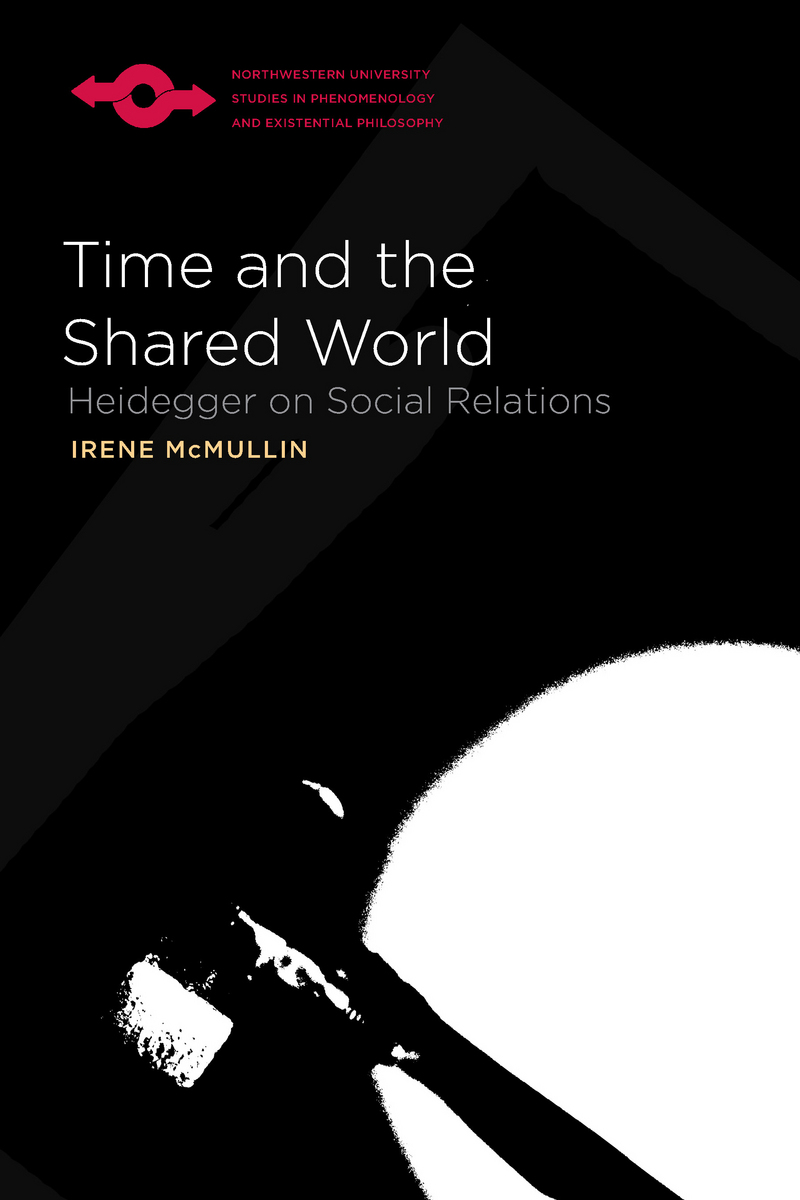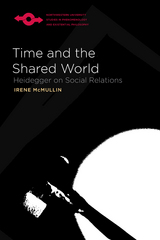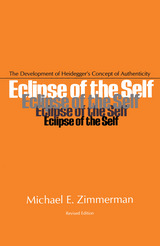Time and the Shared World: Heidegger on Social Relations
Northwestern University Press, 2013
Cloth: 978-0-8101-2903-0 | Paper: 978-0-8101-2902-3 | eISBN: 978-0-8101-6656-1
Library of Congress Classification B3279.H49M3758 2013
Dewey Decimal Classification 193
Cloth: 978-0-8101-2903-0 | Paper: 978-0-8101-2902-3 | eISBN: 978-0-8101-6656-1
Library of Congress Classification B3279.H49M3758 2013
Dewey Decimal Classification 193
ABOUT THIS BOOK | AUTHOR BIOGRAPHY | REVIEWS | TOC | REQUEST ACCESSIBLE FILE
ABOUT THIS BOOK
Time and the Shared World challenges the common view that Heidegger offers few resources for understanding humanity’s social nature. The book demonstrates that Heidegger’s reformulation of traditional notions of subjectivity has wide-ranging implications for understanding the nature of human relationships. Irene McMullin shows that, contrary to entrenched critiques, Heidegger’s characterization of selfhood as fundamentally social presupposes the responsive acknowledgment of each person’s particularity and otherness.
In doing so, McMullin argues that Heidegger’s work on the social nature of the self must be located within a philosophical continuum that builds on Kant and Husserl’s work regarding the nature of the a priori and the fundamental structures of human temporality, while also pointing forward to developments of these themes to be found in Heidegger’s later work and in such thinkers as Sartre and Levinas. By developing unrecognized resources in Heidegger’s work, Time and the Shared World is able to provide a Heidegger-inspired account of respect and the intersubjective origins of normativity.
In doing so, McMullin argues that Heidegger’s work on the social nature of the self must be located within a philosophical continuum that builds on Kant and Husserl’s work regarding the nature of the a priori and the fundamental structures of human temporality, while also pointing forward to developments of these themes to be found in Heidegger’s later work and in such thinkers as Sartre and Levinas. By developing unrecognized resources in Heidegger’s work, Time and the Shared World is able to provide a Heidegger-inspired account of respect and the intersubjective origins of normativity.
See other books on: 1889-1976 | Heidegger | Heidegger, Martin | Intersubjectivity | Social Relations
See other titles from Northwestern University Press




























